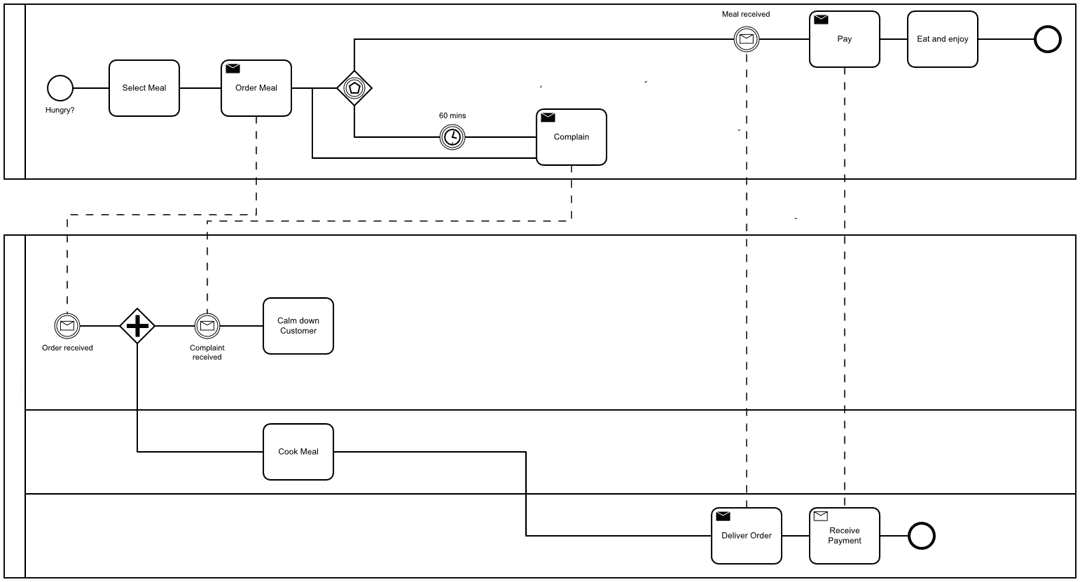Knowledge is More Valuable Than Certifications
Certifications catch eyes, but knowledge catches opportunities.
While certifications like CISSP and CISM are valuable indicators of specialized training, they are not a holistic measure of one's capabilities, expertise, or commitment to continuous learning. A certification may open the door, but the depth of your knowledge and the breadth of your skills are what will enable you to solve complex problems and make meaningful contributions to your organization.
Ultimately, it's not the paper credentials, but the actionable insights and practical skills you possess that make you an asset in the GRC landscape.
The High Barrier to Certification
Financial Investment
Professional certifications are a substantial financial investment. For example, the CISSP exam alone can cost upwards of $700, not to mention the study materials, practice tests, and possible retests. This doesn’t include the mandatory training and maintenance fees, which can also add to the cost.
Extensive Experience Requirements
Many certifications require a minimum of at least five years of work experience in specific domains. Even after meeting the financial obligations, you must also have a track record to prove your worthiness. This experience-based eligibility criteria can make these certifications inaccessible for many beginners.
Certifications Can Come Later in Your Career
While certifications are valuable, the knowledge you gain during your preparation is the real asset.
Acquiring new skills and developing a solid understanding of your craft, will equip you with the tools to make an impact in your current role or during job interviews. Primarily organisations search for candidates with certain skills and not necessary for candidates with fancy certifications.
Certifications make it easy to demonstrate this experience to others, but that shouldn't stop you from applying to jobs if you have what it takes.
Practical Steps to Start Learning
Just Do It: Buy study guides and look for free courses and publications. Invest in yourself without breaking the bank.
Join Communities: Engage in online forums and LinkedIn groups focused on GRC topics.
Apply Your Knowledge: Use what you've learned in your current role or freelance projects. Real-world application solidifies your understanding.
Find a Mentor: Someone who’s been in your shoes can provide guidance, resources, and encouragement.
Conclusion
Certifications like CISSP and CISM might be long-term goals that require significant investment, but they shouldn't deter you from initiating your learning journey in GRC. The knowledge and skills you acquire will not only make you more marketable but also provide a sense of accomplishment and empowerment.
So, learn now and certify later. Your future self will thank you.



